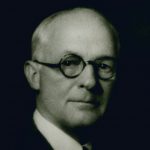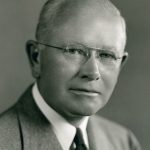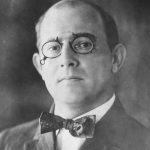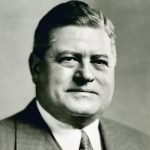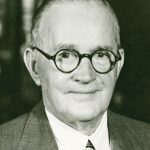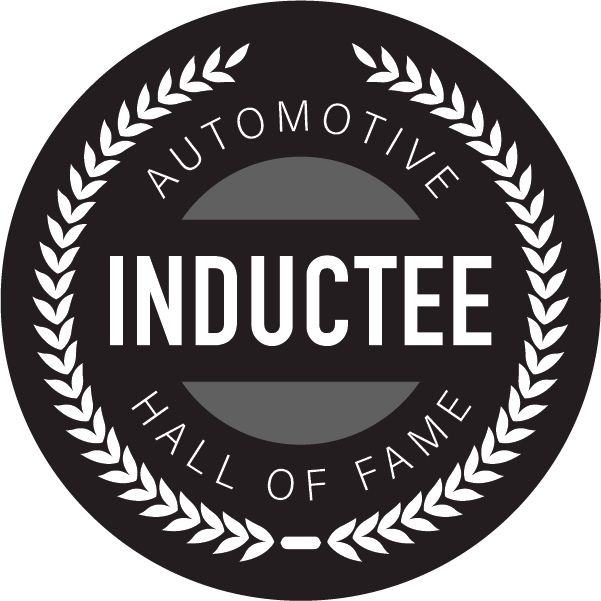A provider of horsepower in everything from planes to Packard’s
Jesse Vincent helped shape Packard into one of America’s most respected automobile manufacturers. Born in 1880 in Charleston, Arkansas, Vincent was the son of a blacksmith and a proprietor of his own agricultural tool repair business by age 10. Despite his immense mechanical aptitude, Vincent never had any formal engineering training outside of a mail-correspondence course he enrolled in through International Correspondence Schools.
Vincent began working at Burroughs Adding Machine Company as a tool designer around the turn of the century before the company moved to Detroit in 1903. He received an impressive array of patents while working at Burroughs and also joined an organization which would become the Society of Automotive Engineers. Vincent began his career in the auto industry in 1910, when he became chief engineer for Hudson Motor Car Company. He worked at Hudson for two years before moving on to Packard in 1912. He made immediate improvements to Packard’s existing straight-six and also developed the famed “Twin Six” V-12, Packard’s answer to Cadillac’s first V-8. Vincent also oversaw the design of the Packard straight-8 and would later establish the Packard Aircraft Engine Department, which would aid in the development and assembly of the famed V-12 Liberty engine. When the U.S. entered WWI in 1917, the federal government contracted with noted engine designers like Vincent to create a reliable aircraft engine that could be mass-produced. Vincent was commissioned as a major in the U.S. Army and designed the Liberty V-12 in collaboration with Elbert Hall and Howard Marmon. Over 13,000 Liberty engines were produced by various manufacturers before the end of the war and Vincent would retire from the Army as a full colonel.
Vincent remained Packard’s head of engineering until he retired in 1946, leaving his mark on virtually every Packard produced since WWI. Though he was often accused of having gained his reputation based on the work of others, what his critics failed to grasp was his amazing ability to recognize and promote talented people. By acting on the principle that no one succeeds alone, Jesse Vincent helped Packard achieve outstanding success during his 33-year career.
